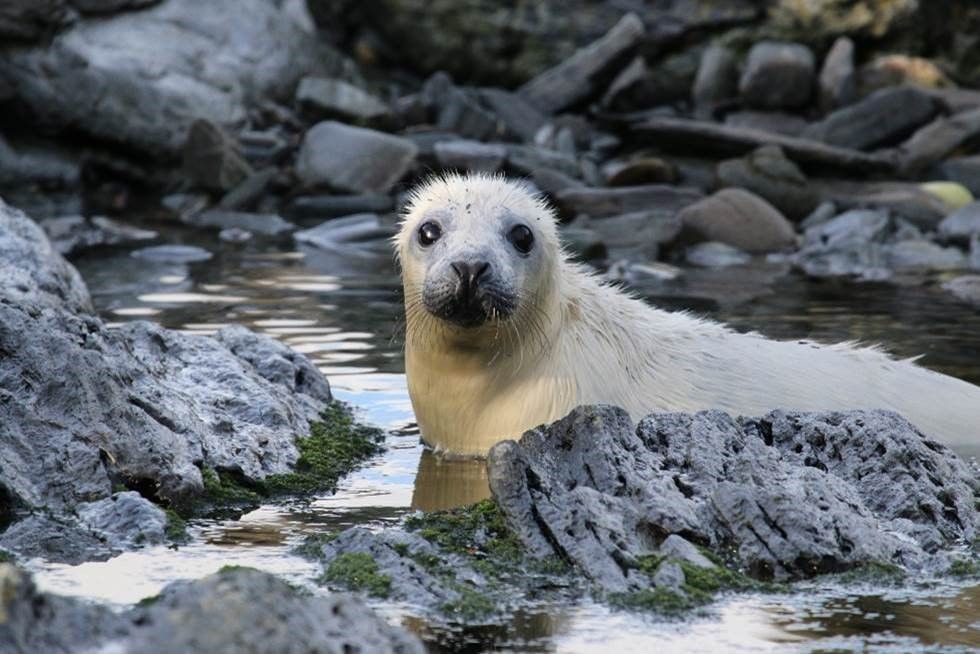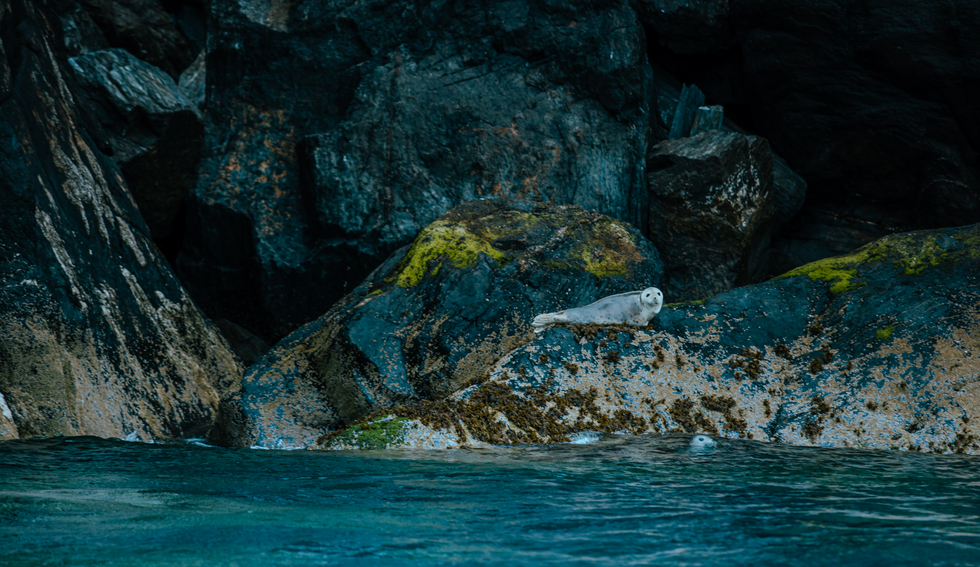
Volunteers are needed to become “seal sitters” and keep an eye on the animals as part of “invaluable” marine conservation work.
The Manx Wildlife Trust (MWT), located on the Isle of Man, is calling for volunteers to observe and monitor young Atlantic grey seals and to put up signage educating people about the animals.
The seal sitters are needed at beaches across the island to observe the pups after an increase in young seals in the area because of recent pupping.

Young seals will haul onto beaches if sea conditions are rough or if they want to digest food, according to WMT.
Dr Lara Howe, marine officer at MWT, said the work of volunteer seal sitters is “invaluable” for the conservation charity.
She said: “At this time of year, we see an influx of seal pups resting on busy beaches in order to escape the bad weather and winds.
“The work of our volunteer seal sitters is invaluable and a huge help in looking after the animals, making sure they aren’t injured or in danger and contributing to the very necessary marine conservation work of MWT.”
Seal sitters are needed also to ensure dogs or beachgoers do not disturb the seals or cause them to enter the water prematurely.

Shift patterns will depend on the risk of disturbance to the animals, but volunteers may only observe seals for short periods of time or up to several hours.
The MWT is also seeking volunteers to record marine mammal strandings, which involve taking measurements and photos of dead animals including dolphins and sharks which wash up on shores.
The data will be collected as part of the Zoological Society of London’s Cetcean Strandings Investigation which aims to look into the causes of death, disease, contaminants and reproductive patterns of marine mammals across the British Isles.
Seal sitters and strandings volunteers will be give necessary training by Ms Howe to carry out their duties.













